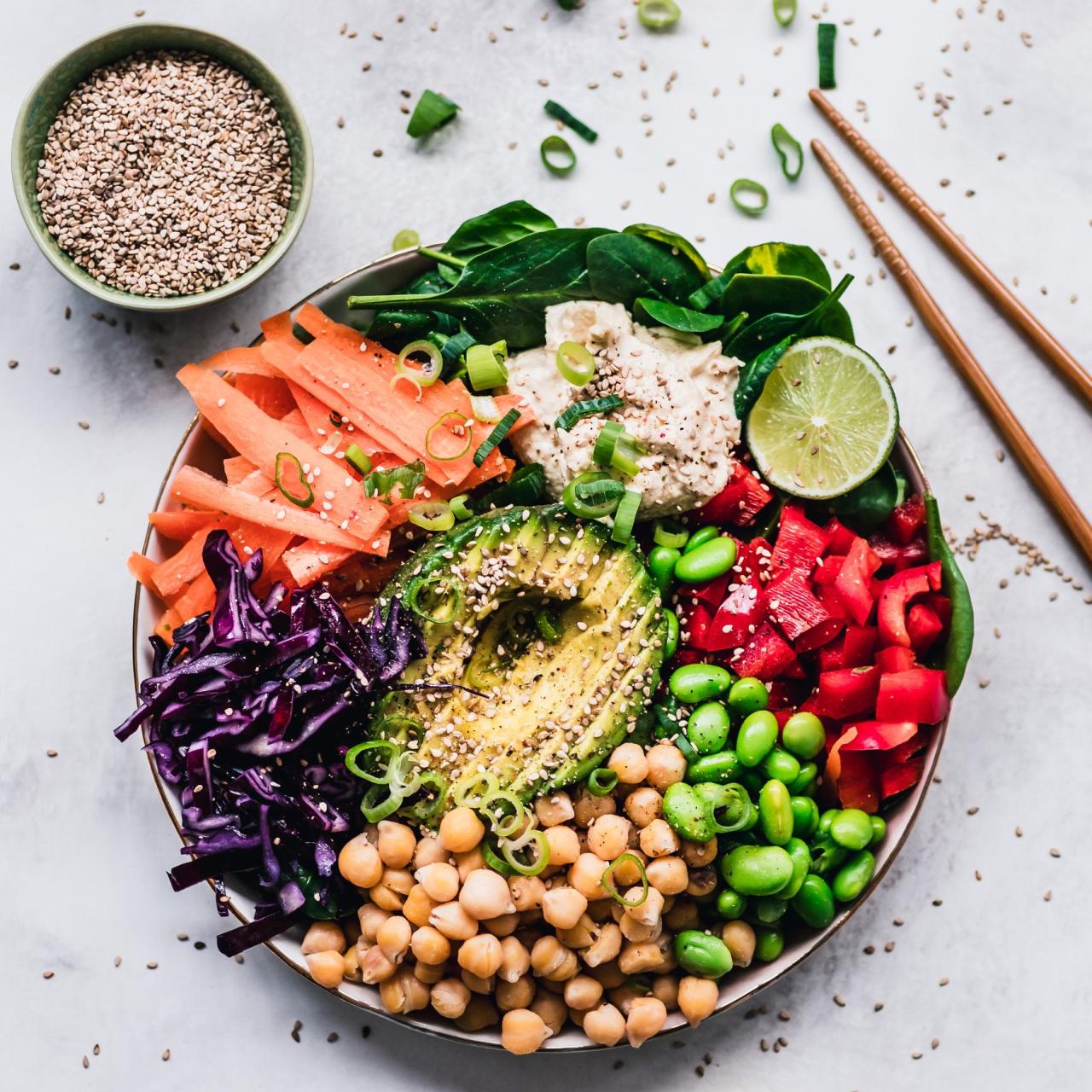What not to eat on a vegan diet – Embarking on a vegan diet is a commendable choice, but navigating its intricacies can be daunting. Understanding what not to eat is crucial to ensure a healthy and fulfilling vegan lifestyle. This comprehensive guide will shed light on the forbidden foods in the vegan realm, empowering you to make informed choices and relish the joys of a plant-based diet.
From animal-based products to processed foods and refined sugars, we’ll delve into the ingredients and alternatives to avoid, ensuring your vegan journey is both nutritious and satisfying.
Animal-Based Products: What Not To Eat On A Vegan Diet

A vegan diet excludes all animal-based products, including meat, poultry, fish, seafood, eggs, and dairy. This means that vegans do not consume any food that comes from animals or is produced using animal-derived ingredients.
Here are some examples of animal-based products and their non-vegan ingredients:
Meat
- Beef: Contains animal flesh and blood
- Pork: Contains animal flesh and blood
- Chicken: Contains animal flesh and blood
- Fish: Contains animal flesh and blood
Poultry
- Chicken: Contains animal flesh and blood
- Turkey: Contains animal flesh and blood
- Duck: Contains animal flesh and blood
Fish and Seafood
- Salmon: Contains animal flesh and blood
- Tuna: Contains animal flesh and blood
- Shrimp: Contains animal flesh and blood
Eggs, What not to eat on a vegan diet
- Chicken eggs: Contain animal-derived proteins and cholesterol
Dairy
- Milk: Contains animal-derived proteins and fats
- Cheese: Contains animal-derived proteins and fats
- Yogurt: Contains animal-derived proteins and fats
Processed Foods
Processed foods are a common part of many diets, but they can be a hidden source of animal-based ingredients. These ingredients can be difficult to spot, as they often have unfamiliar names or are listed in small print.
Some of the most common animal-based ingredients found in processed foods include:
- Whey: A protein found in milk
- Casein: Another protein found in milk
- Gelatin: A protein derived from animal bones and skin
- Animal fats: Fats derived from animals, such as lard and tallow
Processed foods that are likely to contain animal-based ingredients include:
- Cookies
- Crackers
- Chips
- Candy
It is important to read the ingredient list carefully when purchasing processed foods to avoid consuming animal-based ingredients.
Did you know that a number of celebrities follow a pescatarian diet? Famous pescatarians include Ariana Grande, Natalie Portman, and Joaquin Phoenix. Pescatarians abstain from eating meat but include fish and other seafood in their diets. This type of diet can be beneficial for heart health, weight management, and reducing the risk of certain chronic diseases.
Refined Sugars and Oils
While refined sugars and oils may seem inherently vegan, they often undergo processing that involves animal-derived products like bone char. Bone char is used to remove impurities and whiten sugar, making it appear more appealing to consumers.
Common refined sugars to avoid include white sugar, high-fructose corn syrup, and agave nectar. Refined oils to be wary of include palm oil, canola oil, and soybean oil, as they may also be processed with bone char or other animal-derived ingredients.
Avoiding Refined Sugars and Oils
To maintain a truly vegan diet, it’s crucial to avoid refined sugars and oils that have been processed with animal-derived products. Instead, opt for unrefined alternatives like coconut sugar, maple syrup, and extra virgin olive oil.
Honey and Royal Jelly
When adopting a vegan lifestyle, it’s crucial to understand that honey and royal jelly are not considered vegan as they are produced by animals.
Alternatives to Honey
Luckily, there are several delicious alternatives to honey that vegans can enjoy, such as:
- Agave nectar: A natural sweetener derived from the agave plant.
- Maple syrup: A sweet liquid made from the sap of maple trees.
- Date syrup: A thick, sticky sweetener made from dates.
Alcohol
Veganism involves abstaining from all animal-derived products, including those used in the production of alcoholic beverages. Some alcoholic beverages, such as wine and beer, may be clarified using animal-derived products like gelatin or isinglass.
For those following a vegan diet, there are plenty of vegan-friendly alcoholic beverage options available. These include vodka, gin, rum, and tequila, which are typically made without any animal-derived ingredients.
Vegan-Friendly Alcoholic Beverages
- Vodka: Made from fermented grains or potatoes, and is typically distilled multiple times to remove impurities.
- Gin: Made from a base spirit (usually vodka) that is flavored with juniper berries and other botanicals.
- Rum: Made from fermented sugarcane juice or molasses, and is often aged in oak barrels to develop its flavor.
- Tequila: Made from the fermented juice of the blue agave plant, and is typically produced in Mexico.
Final Summary
Adopting a vegan diet is a transformative experience, and knowing what not to eat is a cornerstone of this journey. By embracing the principles Artikeld in this guide, you’ll unlock a world of vibrant and wholesome plant-based foods, paving the way for a healthier and more compassionate lifestyle.
Top FAQs
What are the main animal-based products to avoid on a vegan diet?
Meat, poultry, fish, seafood, eggs, and dairy are all animal-based products that are excluded from a vegan diet.
Are processed foods always vegan?
No, processed foods often contain hidden animal-based ingredients like whey, casein, gelatin, and animal fats.
Can vegans eat honey?
No, honey is produced by bees and is therefore not considered vegan.